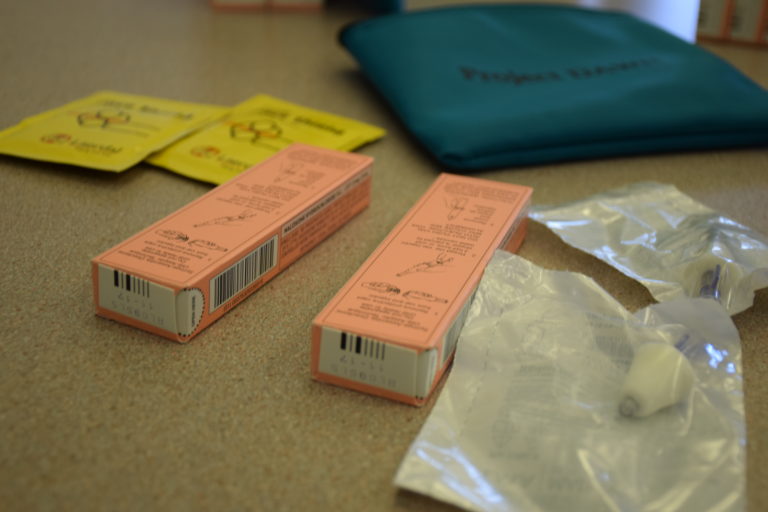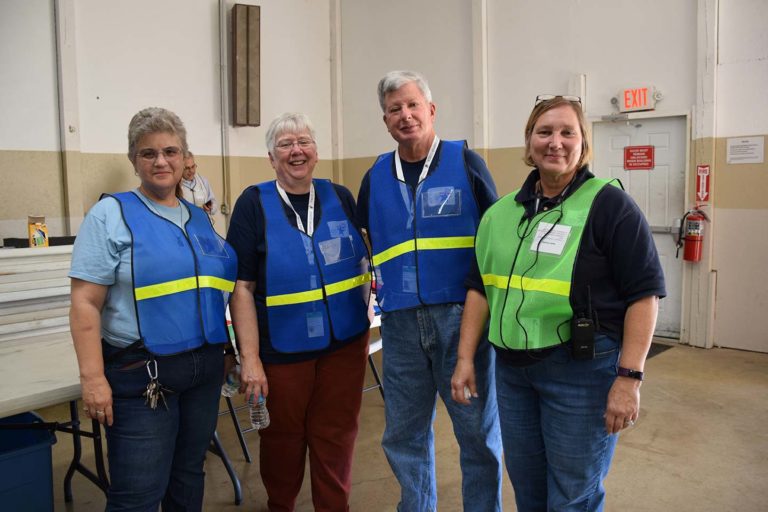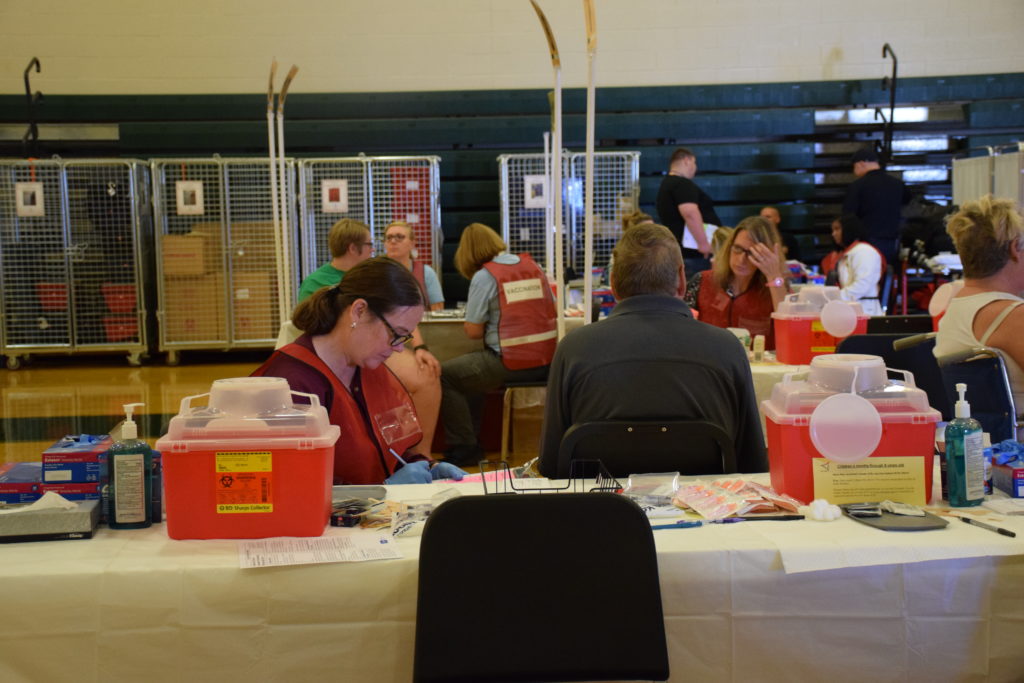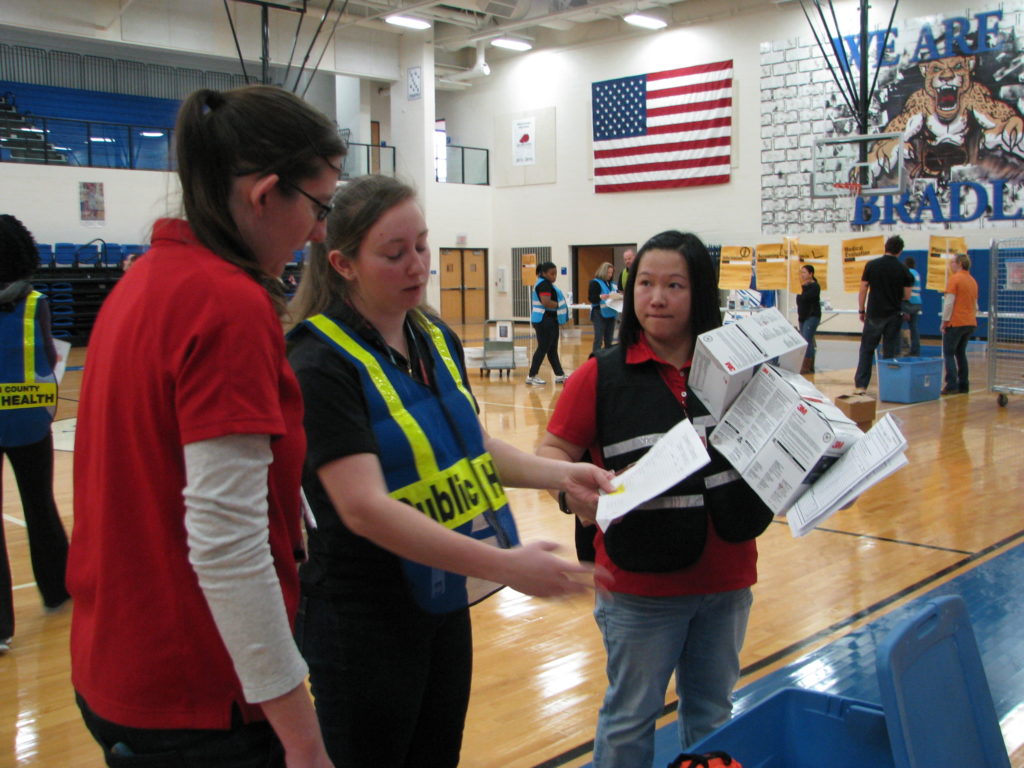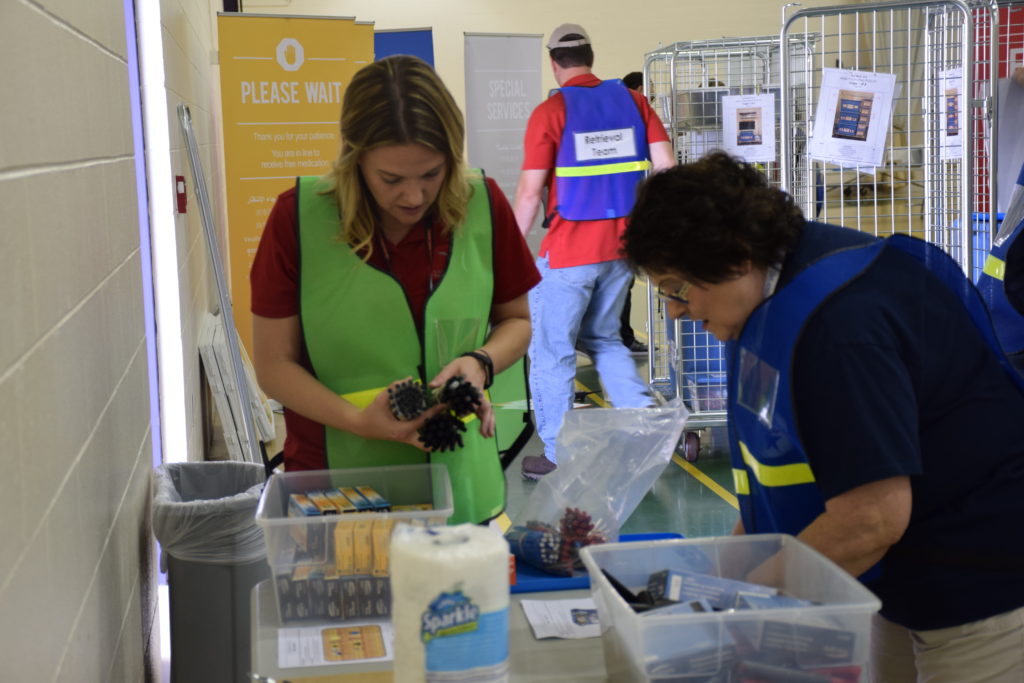Public health emergencies, whether a bio-terrorist attack, foodborne disease outbreak or hazardous chemical spill, can quickly overwhelm a public health agency. The Emergency Preparedness Program works to develop plans to address these risks and maintain efficient public health services for the citizens of Franklin County. We also identify the training needs of our employees and strive to meet these needs. This program additionally provides the avenue for interaction of the Franklin County Public Health with other Franklin County agencies ensuring a cooperative response to emergencies in the community that may threaten the safety and health of residents.
Opiate Crisis
Franklin County Public Health is committed to combating the opiate crisis through education in our communities, the provision of naloxone and collaboration with the Franklin County Opiate Action Plan.
Stop the Bleed
Stop the Bleed is intended to cultivate grassroots efforts that encourage bystanders to become trained, equipped, and empowered to help in a bleeding emergency before professional help arrives.
Medical Reserve Corps
The Franklin County and Columbus Medical Reserve Corps (MRC) is dedicated to establishing teams of local volunteer medical, public health and other professionals to contribute their skills and expertise during times of disaster and public health emergencies.
Public Health Emergency Preparedness
The Public Health Emergency Preparedness (PHEP) cooperative agreement is a critical source of funding for state, local, and territorial public health departments
Cities Readiness Initiative
CDC's Cities Readiness Initiative (CRI) is a federally funded program designed to enhance emergency preparedness in the nation's largest cities and metropolitan statistical areas where more than 50% of the U.S. population resides.
Private Point of Dispensing (POD) Program
Franklin County Public Health's Private Point of Dispensing (POD) Program prepares participants for the distribution of medications at their agency during a biological incident.

